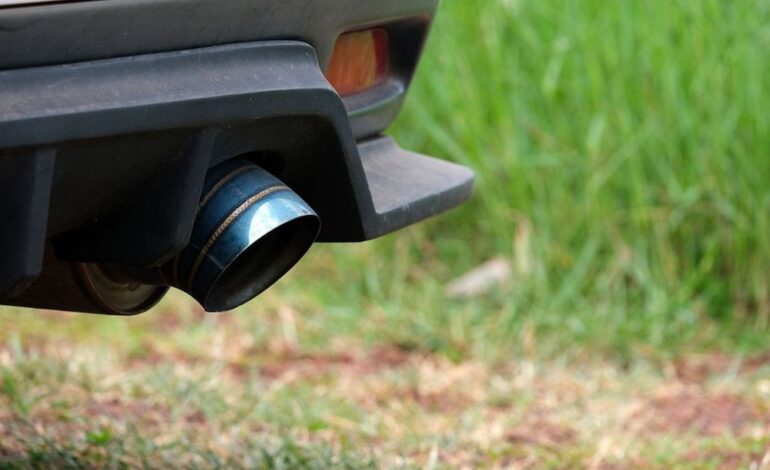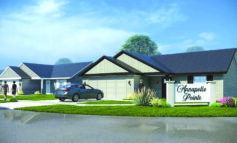Under House Bill 5696, drivers who deliberately modify their cars to make the muffler or exhaust system louder will face doubled financial penalties compared to the current law.
Currently, violators pay a fine of $100 for each offense, while the proposal calls for increasing the first offense fine to $500 and raising it to $1,000 for subsequent offenses.
State Rep. Natalie Price (D-Berkley), who sponsors the bill, said the current $100 fine is low enough for repeat offenders to be willing to pay it repeatedly without complying with the law.
However, the bill allows for the fines to be waived if proof of removal of the modifications is presented to the court. To empower law enforcement in dealing with offending drivers, the bill permits police officers to photograph modified vehicles to prove violations in court, instead of requiring them to provide a decibel reading as evidence of guilt, according to the current bill.
Police sources describe measuring decibels as an “impractical” procedure given the limited technology available and the difficulty of monitoring offending cars on streets with multiple lanes.
“it is not possible to get a decibel reading from a car driving down the eight-lane of Woodward Avenue,” Price said.

Residents of neighborhoods surrounding major streets like Woodward Ave., Ford Road and Michigan Avenue are severely affected by nighttime reckless and loud driving behaviors
Last week, the Michigan House of Representatives’ Transportation and Infrastructure Committee approved Price’s bill, paving the way for it to be voted on by the full House before being sent to the State Senate for a vote.
Given its bipartisan support in the subcommittee, it is not unlikely that this bill will reach Governor Whitmer’s desk for her signature and become law.
The Michigan chapter of the American Civil Liberties Union (ACLU) criticized the proposed law, saying it could provide an additional pretext for stopping drivers and imposing fines, searches, arrests and other interactions with the criminal justice system, which historically disproportionately affect low-income and minority drivers.
Merissa Kovach, the political director of the chapter, said that the state lawmakers should reduce the legal pretexts for police intervention and not propose new laws that create unnecessary interactions between officers and community members. Price said the proposal does not give officers an additional reason to stop individuals and does not change the current decibel limits stipulated in the vehicle code, stressing that it only makes the current law more enforceable and does not add any new restrictions.
Price explained that loud car and motorcycle exhausts are the number one complaint she hears from residents in her district, which covers part of Woodward Avenue in Oakland County, emphasizing that police chiefs and local municipalities support this bill.
Vehicle and motorcycle loud noise annoys residents, affecting quality of life in Metro Detroit
“excessively noisy vehicles cause real harm to our communities,” she said. “It has become significantly worse in my area, where people see a decline in their property values.”
Showy driving behaviors affect the quality of life, not only in upscale suburbs overlooking Woodward Avenue in Oakland County, but also in some commercial areas in the greater Detroit area, such as Ford Road and the western downtown of Dearborn. The commercial center in west Dearborn has been experiencing a noticeable increase in noise from passing vehicles on Michigan Avenue and surrounding streets for several weeks, prompting some city officials to consider enlisting the Wayne County Sheriff’s Office to help Dearborn police in pursuing offending drivers, especially during late night hours.
Noisy vehicle sounds can disturb sleeping children and patients, agitate veterans suffering from post-traumatic stress disorder (PTSD) and lower the overall quality of life for residents by forcing them to keep their windows closed and preventing them from enjoying their home gardens and yards.






Leave a Reply